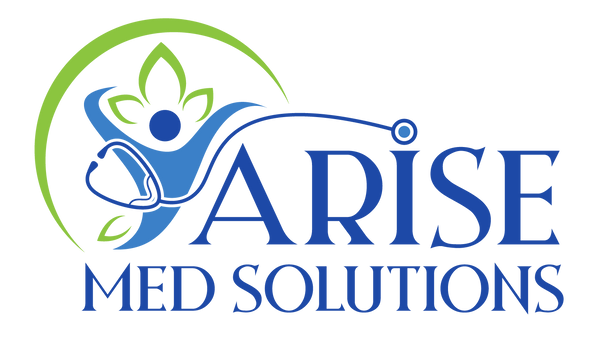Medical AI Tools: Enhancing Clinical Decision-Making and Operational Efficiency
Share
AI tools are rapidly becoming indispensable in the medical field, offering a wide range of capabilities to support clinical decision-making and streamline operational efficiency. These tools leverage large datasets, machine learning, and advanced algorithms to assist healthcare providers in making informed decisions, predicting patient outcomes, and improving the overall quality of care.
AI-Powered Diagnostic Tools: Reducing Errors and Increasing Efficiency
One of the primary uses of AI in healthcare is improving diagnostic accuracy. Tools like IBM Watson Health, Aidoc, and Zebra Medical Vision use AI algorithms to analyze radiological images and detect abnormalities with high precision. Aidoc’s platform, for instance, uses AI to identify critical findings in radiology scans, such as brain bleeds or pulmonary embolisms, and flag them for immediate review by radiologists. This results in faster diagnosis and the ability to prioritize patients based on the severity of their condition.
Zebra Medical Vision’s AI-powered system can analyze various medical imaging data, from chest X-rays to mammograms, identifying conditions such as breast cancer and heart disease. These AI tools help healthcare professionals make more accurate decisions, ultimately leading to better outcomes for patients.
Predictive Analytics: Improving Patient Outcomes
AI is also a powerful tool in predictive analytics, allowing healthcare providers to predict patient outcomes and intervene early in the course of a disease. Using data from patient records, AI models can identify individuals at high risk for conditions like sepsis, heart failure, or diabetic complications. For example, researchers at the University of California, San Francisco, developed an AI tool that analyzes EHRs to predict the likelihood of sepsis up to 12 hours before clinical signs appear, allowing healthcare providers to intervene sooner and potentially save lives.
Predictive models are also being used to anticipate patient flow in hospitals, helping healthcare administrators optimize resource allocation and reduce wait times. AI tools that predict patient admissions and discharges can assist in managing bed capacity and ensuring that critical patients receive timely care.
AI in Operational Efficiency: Streamlining Administrative Tasks
AI is also being used to enhance operational efficiency in healthcare settings by automating administrative tasks. AI-driven scheduling systems help reduce appointment scheduling conflicts, optimize physician and nurse staffing, and minimize patient wait times. By analyzing patient demographics, medical needs, and historical data, these systems can predict appointment demand and optimize schedules accordingly.
In addition to scheduling, AI tools are streamlining billing and claims processing. Machine learning algorithms can automatically process claims, identify errors, and detect potential fraud, saving time and reducing administrative costs for healthcare providers.
Sources:
- IBM Watson Health: IBM Watson Health
- Aidoc: Aidoc AI for Radiology
- Zebra Medical Vision: Zebra Medical
- UCSF Sepsis Prediction: UCSF Study
